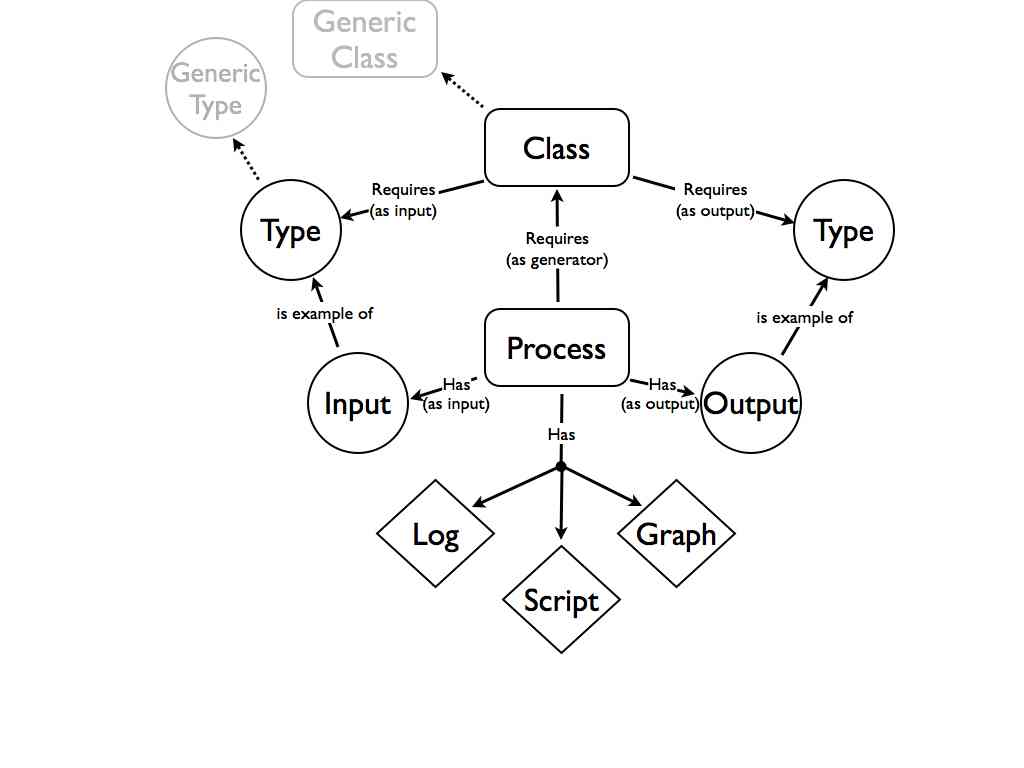
Last month EOL took the brave step of including Wikipedia content in its pages. I say "brave" because early on EOL was pretty reluctant to embrace Wikipedia on this scale (see the report of the Informatics Advisory Group that I chaired back in 2008), and also because not all of EOL's curators have been thrilled with this development.




